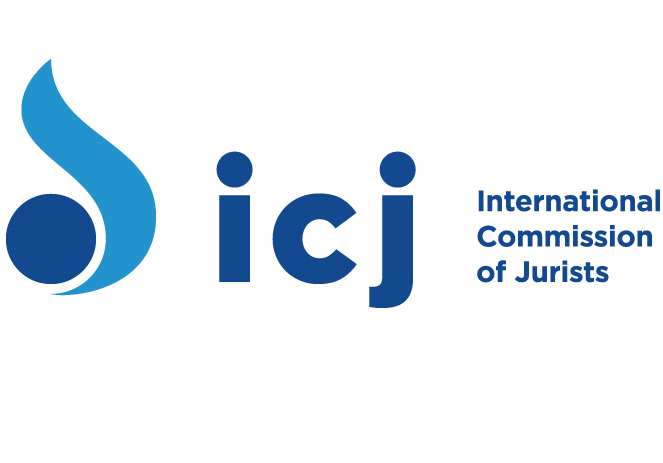At the first meeting of the ICJ, one of the participants, Walter Linse, was kidnapped and never seen again.
The ICJ was born in 1952 in Berlin, a product of the Cold War. Its objective was to combat the systematic injustice and denial of human rights behind the Iron Curtain. The kidnap by East Germany of Walter Linse (photo), a German lawyer investigating some of those abuses, strengthened the hand of the jurists from 43 countries who attended the meeting.
In the 40 years that followed, the ICJ expanded its focus, building infrastructures to protect human rights around the world but especially in the developing countries. Since the collapse of the Berlin Wall in 1989, it has offered guidance to lawyers and judges in such fledgling democracies as Estonia, Bulgaria and Mongolia.
“As the walls that kept people in are replaced by walls that keep people out, as the rivalry between East and West is replaced by conflict between North and South, the role of the ICJ becomes even more vital,” said ICJ Secretary-General Adama Dieng.
The ICJ’s first headquarters were in the Hague. It moved to Geneva in 1959.
During the past decade, the ICJ has:
- Organized fact-finding missions to investigate rights violations in more than 20 countries including Brazil, Colombia, Israeli-Occupied Territories, Myanmar (formerly Burma), Namibia, Singapore, the Philippines, South Africa and South Korea.
- Sent international observers to monitor trials of political significance in such countries as Algeria, Tunisia, Turkey, South Africa and Yugoslavia.
- Initiated the UN Basic Principles on the Independence of the Judiciary and the UN Basic Principles on the Role of Lawyers.
- Helped to create the African Charter on Human and Peoples’ Rights and the African Commission on Human and Peoples’ Rights.
- Advised on the UN Convention Against Torture and the European Torture Convention.
- Promoted a draft Declaration on the Protection of All Persons from Enforced Disappearances, now being considered by the UN Commission on Human Rights.
- Worked on setting up a UN task force to examine cases of arbitrary detention around the world.
- Assisted with the UN draft body of Principles and Guarantees for the Protection of Mentally III Persons and for the Improvement of Mental Health Care.
- Encouraged the United Nations to condemn abuses in Haiti, Iraq and occupied Kuwait.
- Founded the Centre for the Independence of Judges and Lawyers, which intervenes with governments when judges and lawyers are persecuted during their work.




